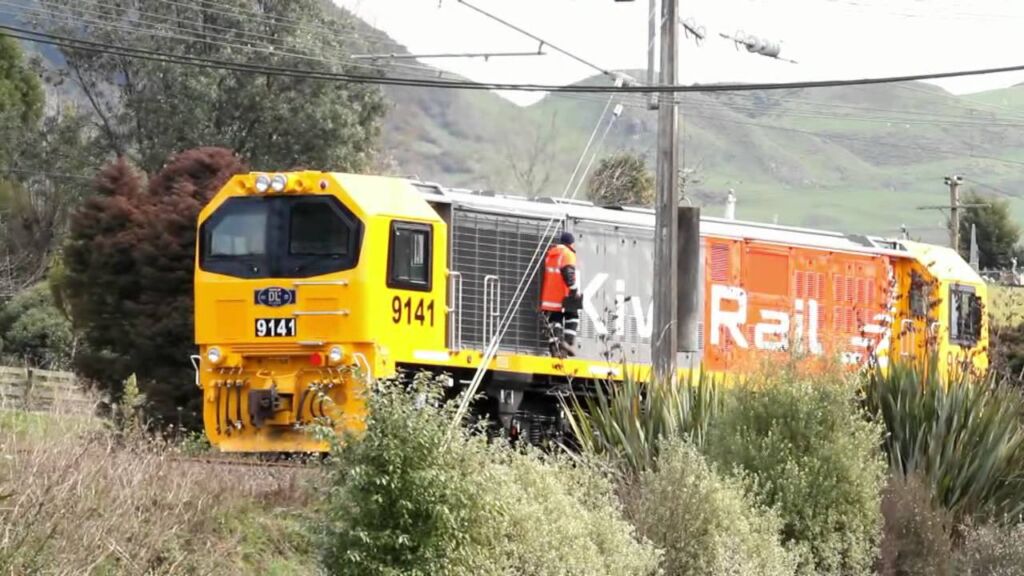New Zealand to Benefit from Improved Northland Line
The re-opening of the rail line between Whangārei and Swanson in West Auckland is a significant achievement and has immediately boosted KiwiRail’s ability to deliver freight services for New Zealanders. The track opened last week and…
